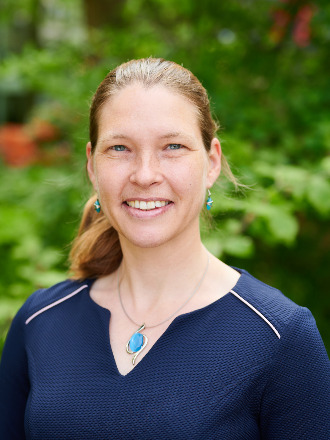Inaugural lecture Hanke Korpershoek: What kind of knowledge do we need to truly improve educational practice?

Many teachers intuitively understand what their students need. Yet scientific knowledge about equal educational opportunities rarely proves truly useful in the classroom. In her inaugural lecture on June 27, educational scientist Hanke Korpershoek therefore poses a fundamental question: “What kind of knowledge do we need to truly improve educational practice?”
Korpershoek illustrates this with a persistent misconception: “Not every child goes to school having had breakfast, not every child is read to at home, and not all parents are able to help with schoolwork. To offer equal educational opportunities, we must treat children differently.” But this turns out to be difficult in practice: “Treating children unequally in the classroom clashes with teachers’ ambition to bring out the best in all their students.”
According to Korpershoek, there is a deeper cause: “The available scientific knowledge does not give teachers enough tools to make different decisions in their daily work, while taking the specific educational context into account.”
Although much knowledge is produced about education, implementation lags behind. “Despite initiatives to bridge the gap between science and practice, we still talk about a gap. I believe that exploring the practical question of what kind of knowledge is needed could help improve the quality of education.”
That search is still in its early stages. “In my inaugural lecture, I mainly looked ahead, pointing to the fundamental problems I see and the directions I think we need to take. I hope to contribute to that in the years to come.”
More information
- Profile Hanke Korpershoek
- Information and registration for inaugural lecture
- Video Hanke Korpershoek: How do young people make choices in education?
- Improvements needed in career guidance for pre-vocational students with a migration background
More news
-
20 January 2026
Alcohol, texting, and e-bikes
-
13 January 2026
Lonneke Lenferink joins The Young Academy
-
08 December 2025
Citizen participation essential for a sustainable energy future


